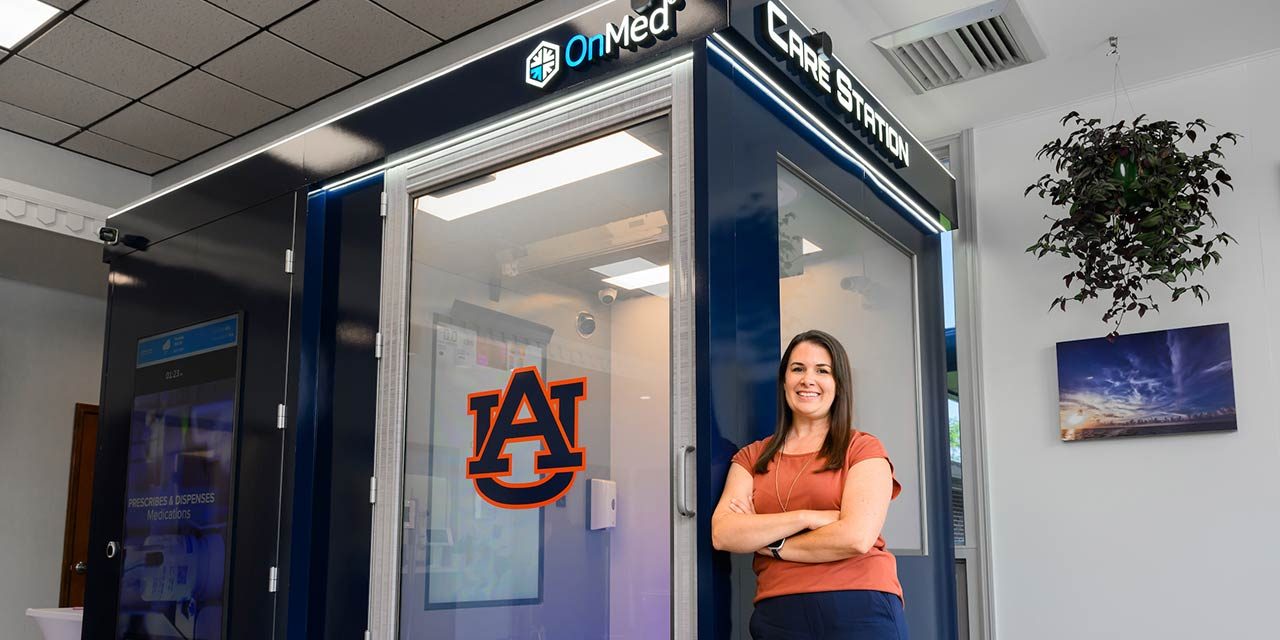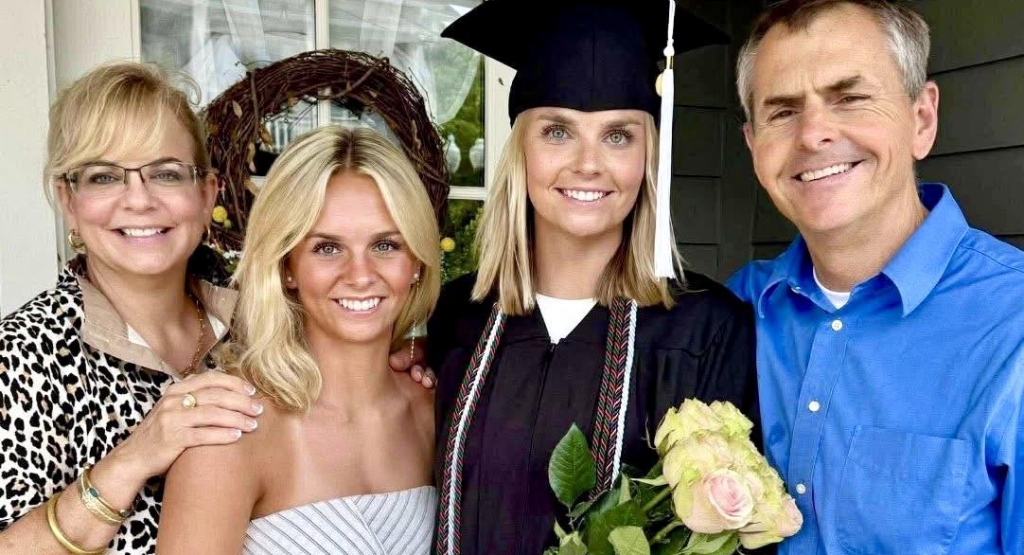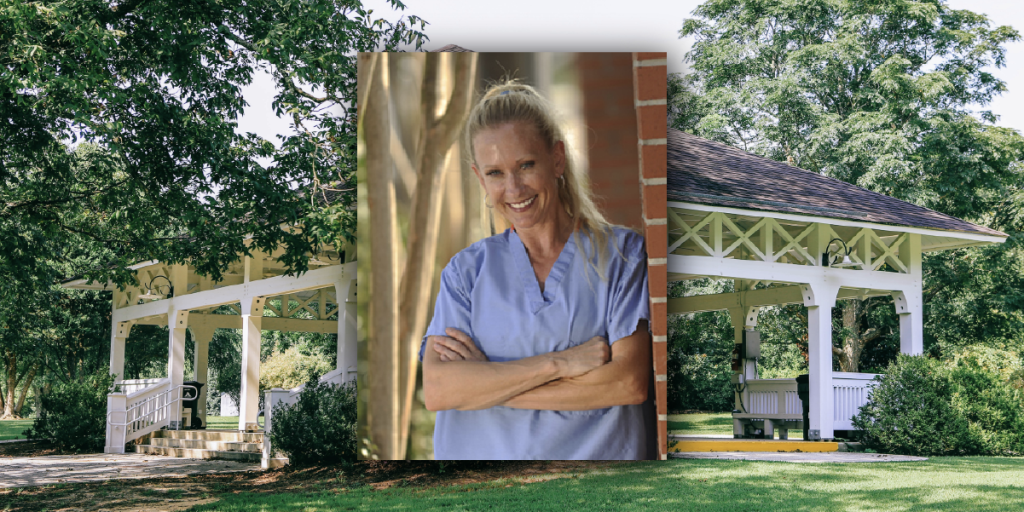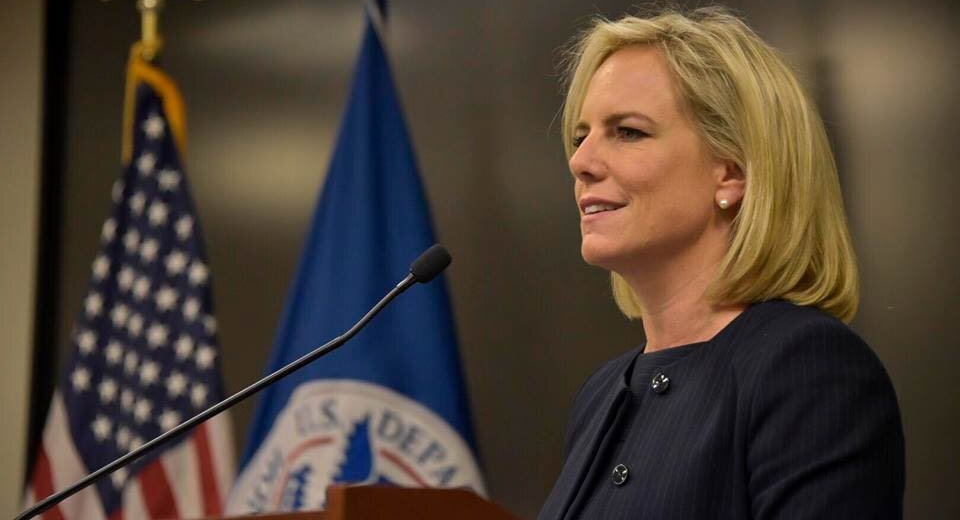The Alabama State Department of Finance has granted Auburn University $2 million to fund an ambitious health care access initiative aimed at addressing significant health disparities across rural Alabama.
Auburn University Outreach, in collaboration with the colleges of Pharmacy, Nursing, Human Sciences and the Alabama Cooperative Extension System, first pioneered this groundbreaking project in Chambers County.
Auburn’s Rural Health Initiative will expand its transformative healthcare access model to combat health disparities in rural Alabama. This novel approach merges cutting-edge telehealth technology provided by OnMed with hands-on wellness care delivered by Auburn faculty and students specializing in health-related fields. The state-of-the-art OnMed telehealth station offers affordable, private and efficient health care access to patients.
This technology facilitates real-time patient encounters with licensed clinicians, bringing quality health care to individuals in underserved areas. The Chambers County Community Wellness Center, which opened last February, is the project’s inaugural site, providing health care services during times when traditional health facilities are typically closed.
“Our center in Chambers County has touched so many lives in that community. Our vision was to learn from this experience alongside the community so we could continue expanding the work through our partnership with Alabama Cooperative Extension System, other disciplines across campus and university and community partners across the state,” said Hollie Cost, assistant vice president for University Outreach and Public Service and project director for the initiative. “These funds will enable us to do that with the anticipated outcome of remapping the rural health landscape and improving the quality of life across rural Alabama.”
The $2 million grant will be used to replicate this health care model across various rural Alabama communities, with an emphasis on addressing each community’s unique needs. Communities will be selected and prioritized based on accessibility limitations, availability of facilities, community support and low rankings on health factors and health outcomes.
“The funds provided by the Alabama Department of Finance through ARPA will enable us to work toward our goal of equitable health care access across rural Alabama,” said Royrickers Cook, vice president for University Outreach and associate provost. “The center we’ve established in Chambers County collaboratively with the Alabama Cooperative Extension System, other colleges across campus and Chambers County community members and leaders enabled us to refine a model to replicate in these underserved areas throughout the Black Belt. We are especially enthusiastic about the opportunity to partner with other universities and health care service providers to deliver high-quality health care and health education to our neighbors.”
Leaders in the Extension system are identifying ideal locations in these communities by collaborating with local leadership. This approach will enable Auburn University and the Alabama Cooperative Extension System to remain fully engaged in developing health programs that address the unique needs identified through patient visits to the telehealth station.
Paul Brown, associate director for the Alabama Cooperative Extension System, added, “The Rural Health Initiative is all about public-private partnerships that, when leveraged, increase reach and impact. Our presence in all 67 counties, combined with strong ties to University Outreach and college partners, makes Extension the ‘great connector’ between academic institutions and Alabama communities. Extension faculty are experts in the engagement processes and subject matter content and are committed to fostering interdisciplinary and collaborative approaches to improve health and well-being.”
Auburn’s dedicated faculty and students from various disciplines will deliver health and wellness education and services tailored to each community’s specific needs. Disciplines currently involved in the initiative include nursing, pharmacy, health sciences, speech, language and hearing. Services provided encompass a wide range of health care needs, including but not limited to COVID-19 and infectious diseases testing and vaccinations, speech and hearing evaluations, maternal health care education, nutrition planning, diabetes management, medication management and asthma management.
Linda Gibson-Young, a nursing professor, outreach coordinator and the initiative’s health services director, notes that, “health services in rural environments have a profound impact on the well-being and quality of life of residents. This model adds accessible and high-quality health care to improve health outcomes by addressing preventive care, early intervention and management of chronic conditions.”
The $2 million funding award will support telehealth station installation and leasing, staffing needs, health and wellness programming, community engagement, program promotion and project administration. Communities chosen for the project will be expected to address necessary facility improvements, internet and utility expenses.
A conservative project estimate indicates that the allocated funds would sustain four health and wellness centers for two years.
For more information about the Auburn University Rural Health Initiative, contact Hollie Cost at 334-740-2897 or [email protected].













